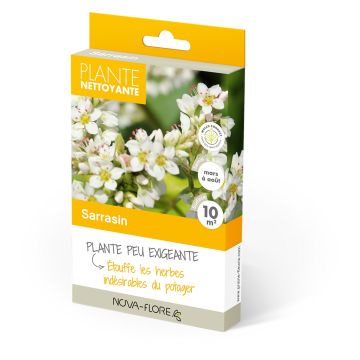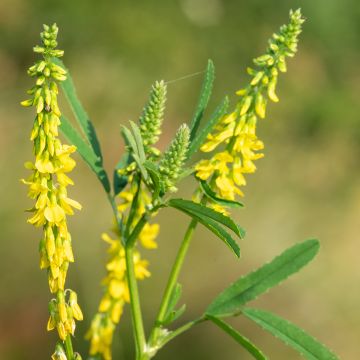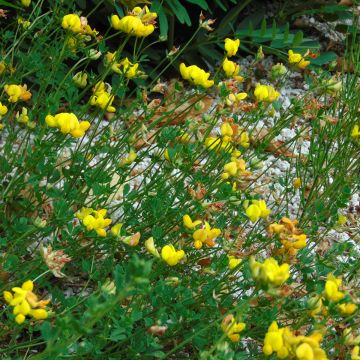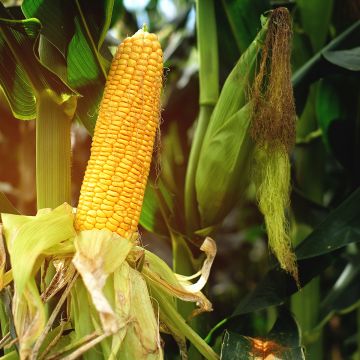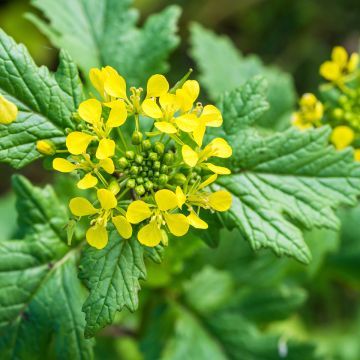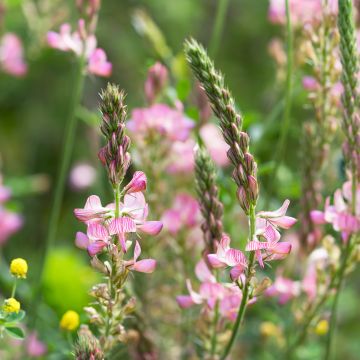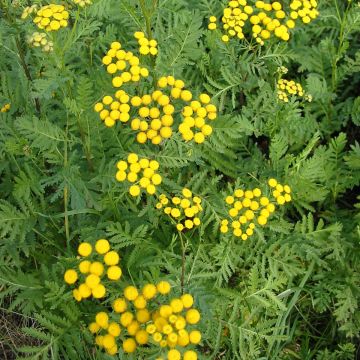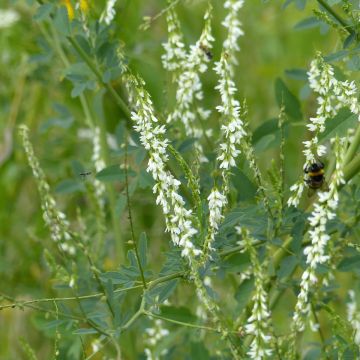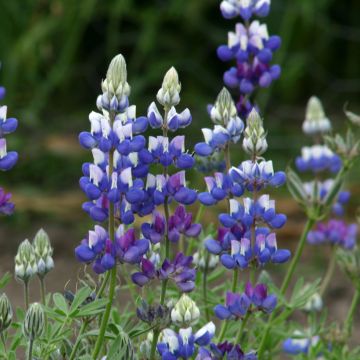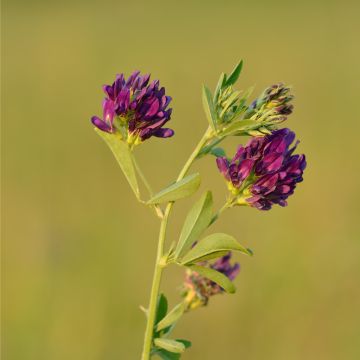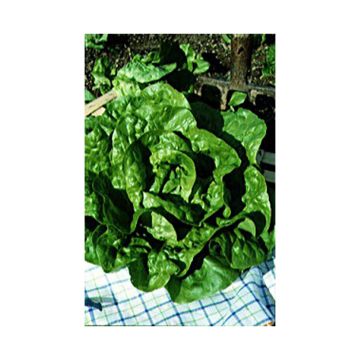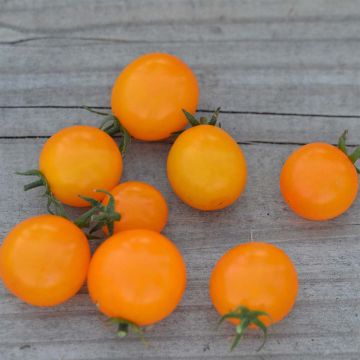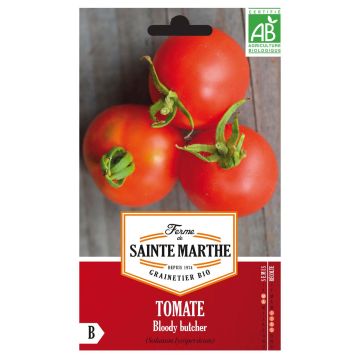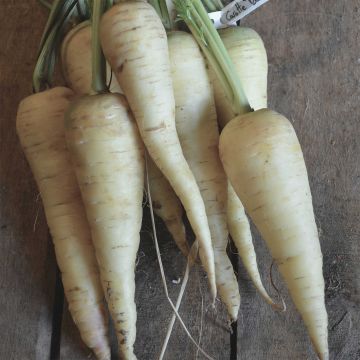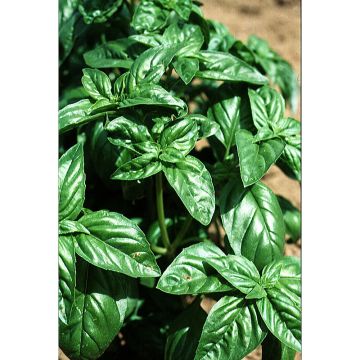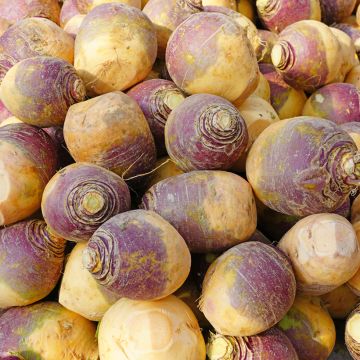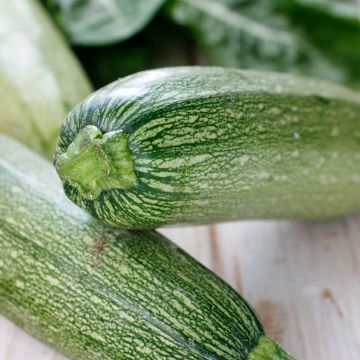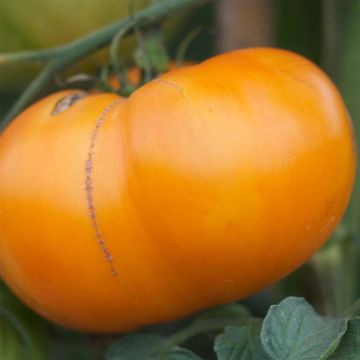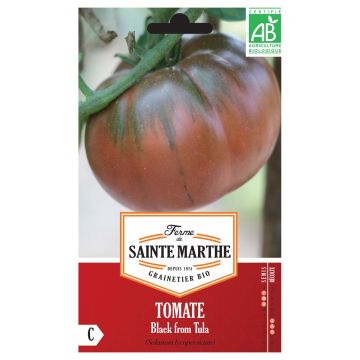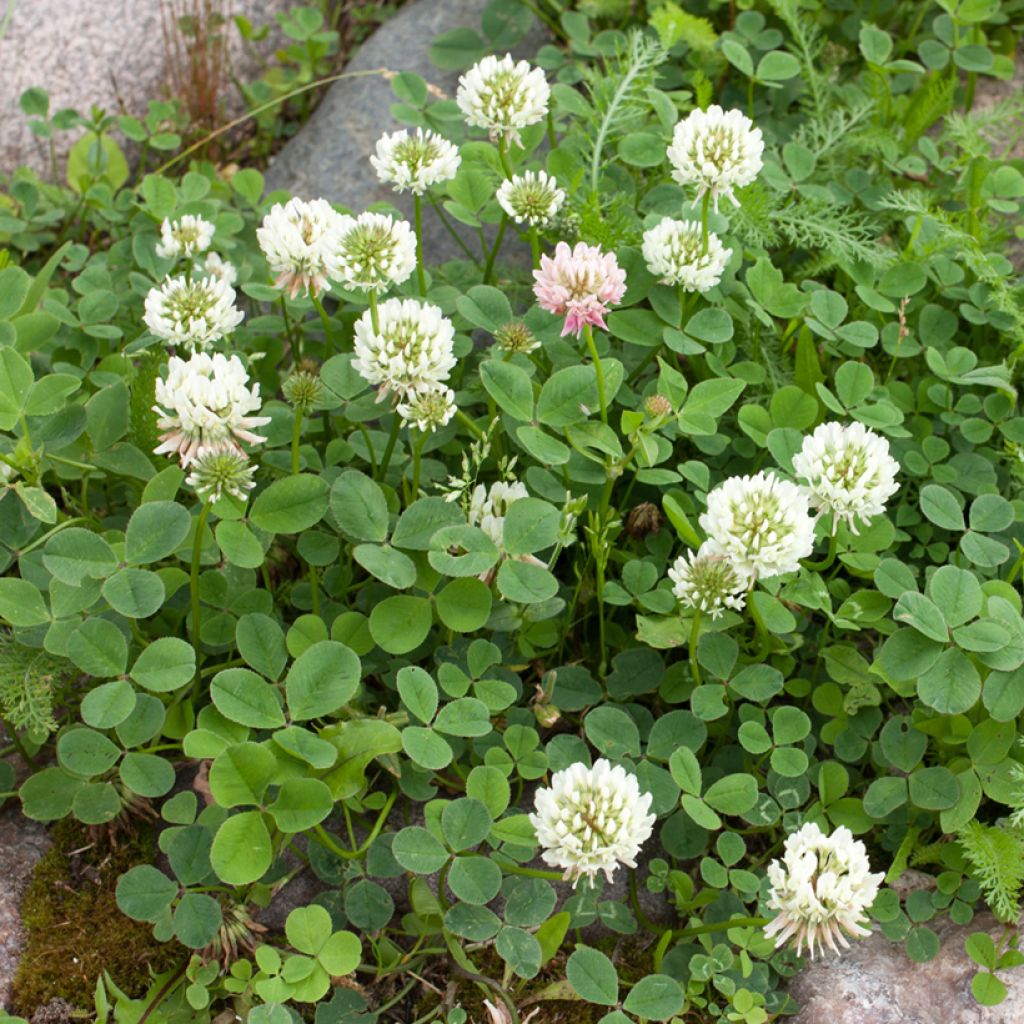

White Clover - Green Manure
White Clover - Green Manure
Trifolium repens
Ruddy Clover
This item cannot be shipped to the selected country
Dispatch by letter from €3.90
Dispatch by letter from €3.90
Dispatch by letter from €3.90
Delivery charge from €5.90
Delivery to Corse prohibited
More information
Schedule delivery date,
and select date in basket
This plant carries a 6 months recovery warranty
More information
We guarantee the quality of our plants for a full growing cycle, and will replace at our expense any plant that fails to recover under normal climatic and planting conditions.
Seed-only orders are dispatched by sealed envelope. The delivery charge for seed-only orders is €3.90.
Seed-only orders are dispatched by sealed envelope. The delivery charge for seed-only orders is €3.90.
Seed-only orders are dispatched by sealed envelope. The delivery charge for seed-only orders is €3.90.
From €5.90 for pickup delivery and €6.90 for home delivery
Express home delivery from €8.90.
Delivery to Corse prohibited: UE law prohibits the import of this plant from mainland France to Corse as part of the fight against Xylella fastidiosa. Please accept our sincere apologies.
More information
Description
The White Clover, in Latin Trifolium repens, is a small creeping and stoloniferous perennial plant of the legume family cultivated as a forage plant, often used as a spring green manure, but also mixed with grasses as an alternative to lawns in dry areas. Like all plants in the legume family, it has the ability to fix atmospheric nitrogen in the soil. Its natural vigor competes with "weeds" and its spreading and abundant roots retain the soil, protecting it from erosion. Finally, its dense vegetation limits the phenomenon of compaction due to rain. Used as green manure, white clover can be sown in any type of soil, even very chalky, from March to June. Once buried, the decomposed residues will naturally enrich the soil with nitrogen.
The White Clover, also known as Dutch Clover or Creeping Clover, is a very common herbaceous plant in France, Europe, and North America. It naturally grows in meadows and lawns and spreads through stolons that can reach up to 40 cm (15.7 in) in length. Its characteristic leaves are usually compound, consisting of 3 leaflets, but statistically, once in every 10,000 cases, there may be 4 leaflets on a single leaf! The long flowering period of White Clover extends from April-May to September, in the form of white spherical heads, sometimes slightly pinkish. Rich in sweet nectar, they are highly appreciated by bees and bumblebees.
Widely used in permaculture, green manures have numerous benefits: they enrich and loosen the soil while preventing the establishment of adventive plants. They also have the advantage of forming a vegetative cover that protects loamy soils from rain compaction and sandy soils from leaching. They can be sown throughout the year, and they are crushed before seed formation to incorporate them through shallow digging or left in place as mulch.
White Clover is sown from March to June, it remains in place for at least 3 months and must be mowed before flowering. Do not let it establish for too long, as it would then be quite difficult to eliminate.
Report an error about the product description
Harvest
Plant habit
Foliage
Botanical data
Trifolium
repens
Fabaceae
Ruddy Clover
Western Europe
Perennial
Other Green fertilisers
Planting and care
Sowing:
White Clover is sown from March to June at a rate of 0.5 g per m2, on freshly tilled soil. The seeds are covered with a rake. Germination usually takes between 5 and 10 days. Keep the soil slightly moist until germination, if it doesn't rain.
It is a spring green manure that is suitable for all types of soil. It is particularly prolific in slightly cohesive, dry limestone soils in summer.
Seedlings
Care
Intended location
This item has not been reviewed yet - be the first to leave a review about it.
Vegetable seeds
Haven't found what you were looking for?
Hardiness is the lowest winter temperature a plant can endure without suffering serious damage or even dying. However, hardiness is affected by location (a sheltered area, such as a patio), protection (winter cover) and soil type (hardiness is improved by well-drained soil).

Photo Sharing Terms & Conditions
In order to encourage gardeners to interact and share their experiences, Promesse de fleurs offers various media enabling content to be uploaded onto its Site - in particular via the ‘Photo sharing’ module.
The User agrees to refrain from:
- Posting any content that is illegal, prejudicial, insulting, racist, inciteful to hatred, revisionist, contrary to public decency, that infringes on privacy or on the privacy rights of third parties, in particular the publicity rights of persons and goods, intellectual property rights, or the right to privacy.
- Submitting content on behalf of a third party;
- Impersonate the identity of a third party and/or publish any personal information about a third party;
In general, the User undertakes to refrain from any unethical behaviour.
All Content (in particular text, comments, files, images, photos, videos, creative works, etc.), which may be subject to property or intellectual property rights, image or other private rights, shall remain the property of the User, subject to the limited rights granted by the terms of the licence granted by Promesse de fleurs as stated below. Users are at liberty to publish or not to publish such Content on the Site, notably via the ‘Photo Sharing’ facility, and accept that this Content shall be made public and freely accessible, notably on the Internet.
Users further acknowledge, undertake to have ,and guarantee that they hold all necessary rights and permissions to publish such material on the Site, in particular with regard to the legislation in force pertaining to any privacy, property, intellectual property, image, or contractual rights, or rights of any other nature. By publishing such Content on the Site, Users acknowledge accepting full liability as publishers of the Content within the meaning of the law, and grant Promesse de fleurs, free of charge, an inclusive, worldwide licence for the said Content for the entire duration of its publication, including all reproduction, representation, up/downloading, displaying, performing, transmission, and storage rights.
Users also grant permission for their name to be linked to the Content and accept that this link may not always be made available.
By engaging in posting material, Users consent to their Content becoming automatically accessible on the Internet, in particular on other sites and/or blogs and/or web pages of the Promesse de fleurs site, including in particular social pages and the Promesse de fleurs catalogue.
Users may secure the removal of entrusted content free of charge by issuing a simple request via our contact form.
The flowering period indicated on our website applies to countries and regions located in USDA zone 8 (France, the United Kingdom, Ireland, the Netherlands, etc.)
It will vary according to where you live:
- In zones 9 to 10 (Italy, Spain, Greece, etc.), flowering will occur about 2 to 4 weeks earlier.
- In zones 6 to 7 (Germany, Poland, Slovenia, and lower mountainous regions), flowering will be delayed by 2 to 3 weeks.
- In zone 5 (Central Europe, Scandinavia), blooming will be delayed by 3 to 5 weeks.
In temperate climates, pruning of spring-flowering shrubs (forsythia, spireas, etc.) should be done just after flowering.
Pruning of summer-flowering shrubs (Indian Lilac, Perovskia, etc.) can be done in winter or spring.
In cold regions as well as with frost-sensitive plants, avoid pruning too early when severe frosts may still occur.
The planting period indicated on our website applies to countries and regions located in USDA zone 8 (France, United Kingdom, Ireland, Netherlands).
It will vary according to where you live:
- In Mediterranean zones (Marseille, Madrid, Milan, etc.), autumn and winter are the best planting periods.
- In continental zones (Strasbourg, Munich, Vienna, etc.), delay planting by 2 to 3 weeks in spring and bring it forward by 2 to 4 weeks in autumn.
- In mountainous regions (the Alps, Pyrenees, Carpathians, etc.), it is best to plant in late spring (May-June) or late summer (August-September).
The harvesting period indicated on our website applies to countries and regions in USDA zone 8 (France, England, Ireland, the Netherlands).
In colder areas (Scandinavia, Poland, Austria...) fruit and vegetable harvests are likely to be delayed by 3-4 weeks.
In warmer areas (Italy, Spain, Greece, etc.), harvesting will probably take place earlier, depending on weather conditions.
The sowing periods indicated on our website apply to countries and regions within USDA Zone 8 (France, UK, Ireland, Netherlands).
In colder areas (Scandinavia, Poland, Austria...), delay any outdoor sowing by 3-4 weeks, or sow under glass.
In warmer climes (Italy, Spain, Greece, etc.), bring outdoor sowing forward by a few weeks.

































